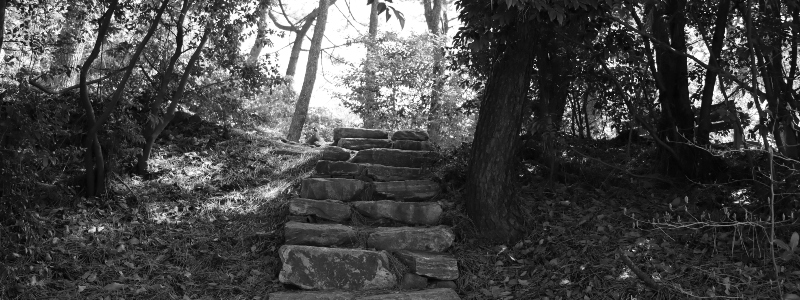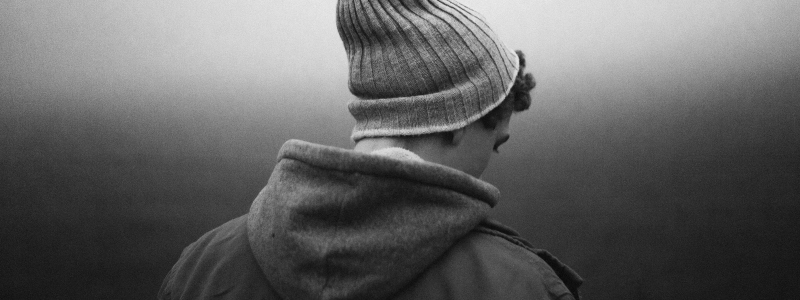It is not uncommon for individuals to come for counselling or psychotherapy with symptoms such as anxiety and depression. Whereas most people hope to stop feeling the discomfort those symptoms bring, usually relief occurs through contacting the “real” feelings underneath the presenting symptom. For instance, depression is generally associated with feelings of sadness and grief. However, in my professional experience it is actually a manifestation of a difficulty in contacting primary emotions such as sadness and anger. In essence depression can function as a defence mechanism against feeling the unbearableness of those emotions. Similar can be said about anxiety, obsessions and correlating symptoms.
What is a defence mechanism? In a nutshell, it is a learnt way of coping – something our unconscious came up with usually when we were very young – but which often has a negative effect on an individual’s quality of life and is not conducive to good mental health. You may think at this point, “I have not learnt to be depressed or anxious”. Well, many of us grow up being taught that expressing our real feelings is a bad or dangerous thing. And messages about hiding emotions have become ingrained in our language – for instance “big boys don’t cry” or “pretty girls don’t get angry” are some of the very common ones. Whilst you may not have heard some of these messages directly, maybe they were modelled to you by your primary carers. Or you may have picked up on unspoken rules of behaviours. For instance, some families are more comfortable expressing anger rather than sadness. Other families focus on achieving and doing instead of expressing anything. In Transactional Analysis there are five named ‘Drivers’.
Drivers are infant survivals strategies in response to restrictive parental messages. They are:
- Be Perfect
- Please Others
- Be Strong
- Hurry Up
- Try Hard
So, for instance, if you have a ‘Be Strong’ driver, you may have a hard time expressing vulnerability. Or, maybe your drive to ‘Please Others’ means that you can’t get angry, otherwise people will not like you. Most people have one or two main drivers. Which do you identify as yours?
Part of the process of counselling and psychotherapy is gently uncovering feelings underneath the presenting symptom and working towards replacing unhelpful defence mechanisms with healthier coping strategies. This process generally entails examining internalised beliefs about ourselves, about others and about the world as we see it, which prevent us from living more spontaneous, authentic and fulfilling lives.
Sam Jahara is a Certified Transactional Analyst and Clinical Superviser.











